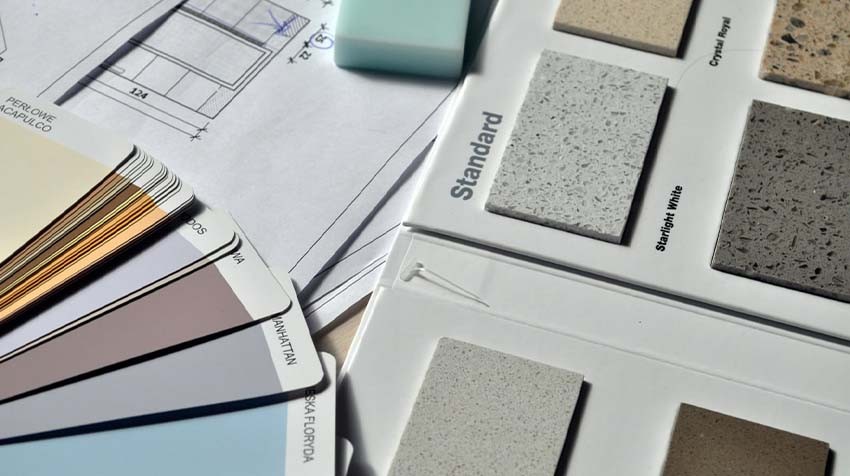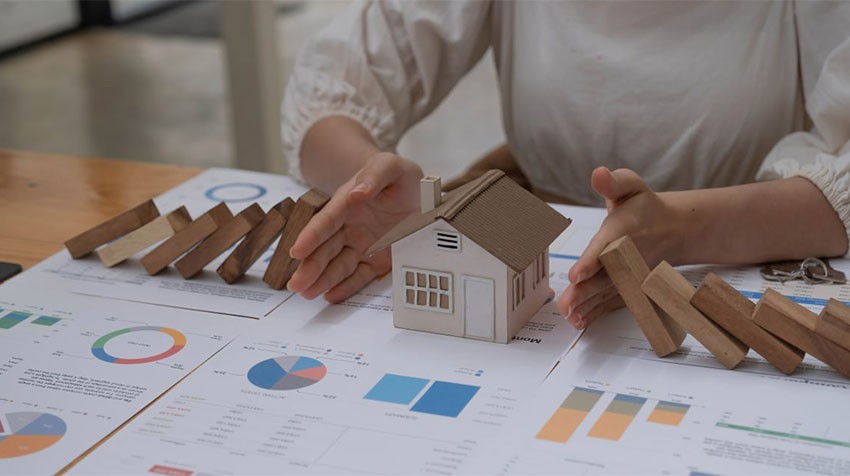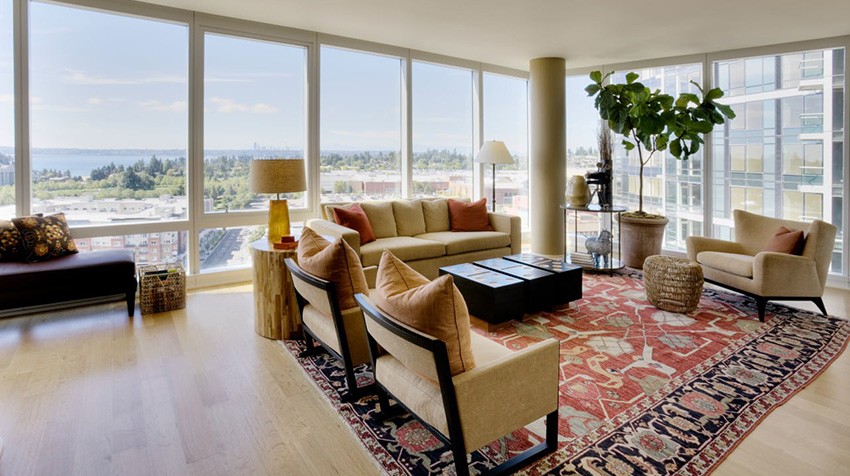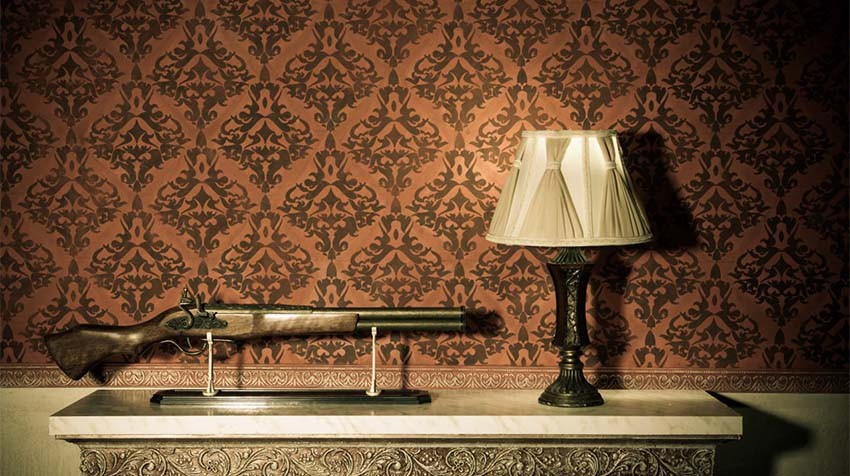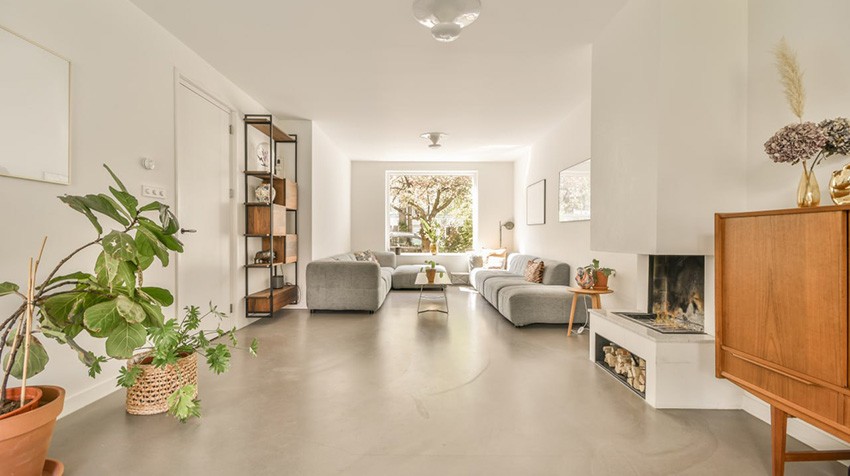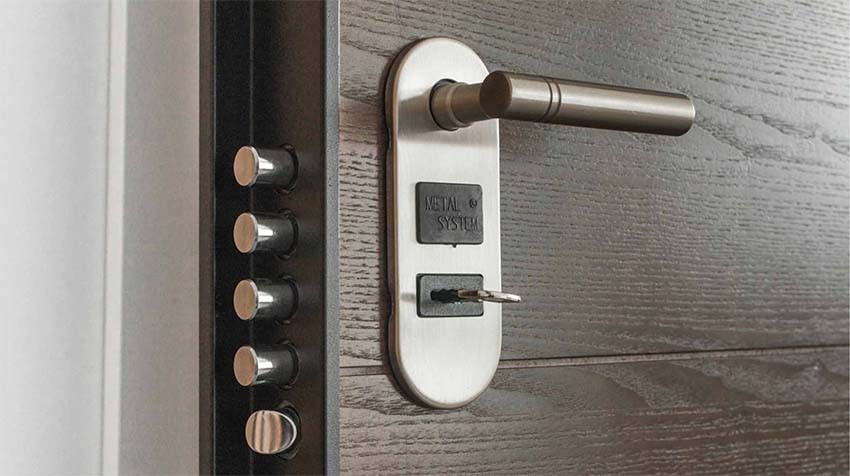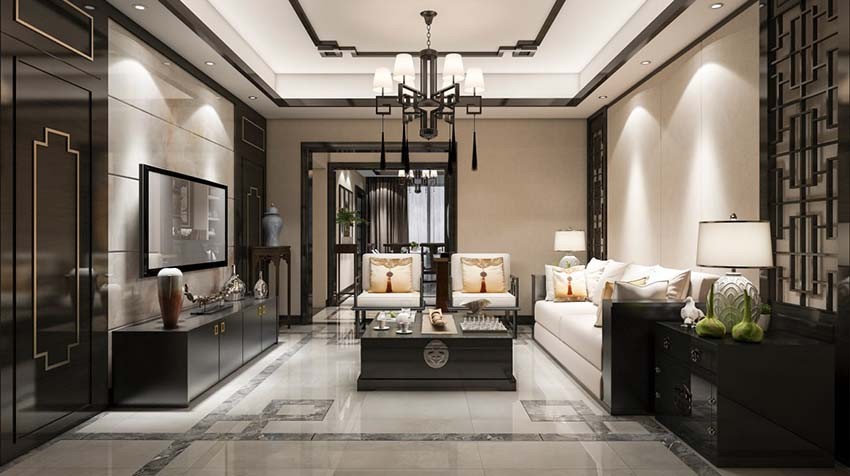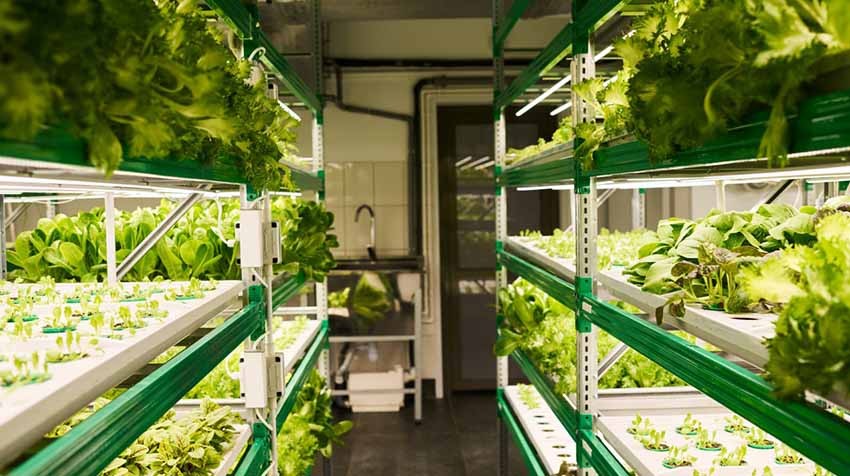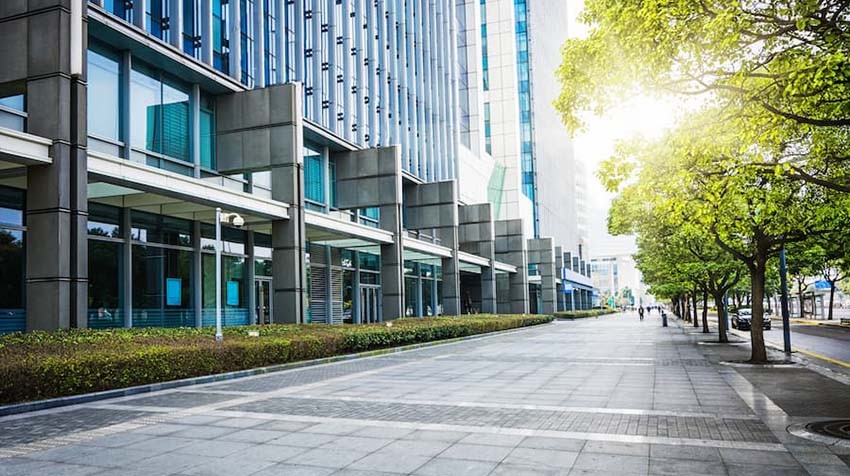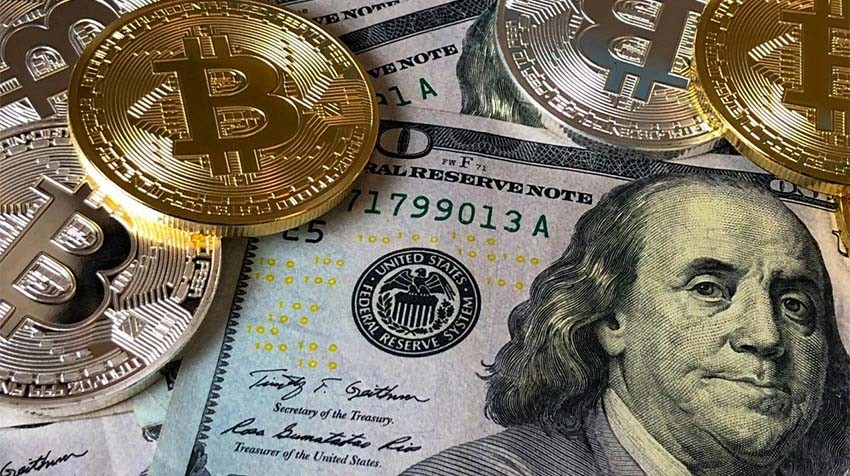
Halal Investment Opportunities in Bangladesh: Finding the Line Be
Why Halal Investing Matters More Than Ever
Let’s be honest. When we think about investing, our minds often race to charts, numbers, and the dream of financial freedom. But for a Muslim, there’s a silent, constant whisper behind all that noise: "Is this pleasing to Allah?"
Money is more than paper or digital digits in a bank app. It’s energy. It’s a trust (amanah) from God. The way we earn it, spend it, and grow it writes the story of our faith. In Bangladesh, where the echo of the Azan is the soundtrack of our lives, this question isn't a side note—it's the headline.
The good news is we have more "Islamic" options than ever before. The challenging news is: The line between genuinely Halal and cleverly marketed can be blurrier than a rickshaw ride through Dhaka in dense fog.
This article takes a look at halal investment opportunities in Bangladesh—what qualifies as halal, where doubts arise, and how to choose authentic options.
What Exactly is a Halal Investment?
A Halal investment is built on three sacred "Do Not Add" rules:
- No Interest (Riba): This is the big one. In Islam, money is a medium of exchange, not a commodity that grows on its own. Earning a guaranteed, pre-set interest—whether from a savings account or a bond—is like demanding a profit without taking any real risk. Halal profit, on the other hand, is earned through real work, trade, or shared venture. You have to sweat a little, or at least share the burden.
- No Excessive Uncertainty (Gharar): You wouldn't buy a mystery box claiming to have "maybe a goat, maybe a bicycle." That’s Gharar. Investments must be transparent. What are you buying? What are the risks? If it’s shrouded in mystery, built on speculation, or feels like a gamble, it’s off the table.
- No Haram Activities: Your money is a part of you. If you wouldn’t work in a brewery, why should your money? Halal investing means your capital cannot support anything Islam forbids: alcohol, gambling, pornography, conventional interest-based banking, or non-Halal food.
In a nutshell: A Halal investment means you own a real piece of a real thing (an asset), and you share in its real success or failure (risk). You’re a partner, not a loan shark.
Why This Matters: It’s Deeper Than Dollars and Taka
The Prophet Muhammad (PBUH) said: “A time will come upon the people when one will not care how one gains one’s money, lawfully or unlawfully.” (Bukhari)
We are living in that time. Choosing Halal investing is an act of resistance against this norm. It’s a declaration that our faith governs every part of our lives, including our portfolio.
But it’s not just about avoiding sin. It’s about seeking blessing(barakah). Have you ever had money that seemed to vanish as soon as it came, no matter how much you had? Contrast that with money that, even if modest, always seems to be enough and brings peace with it. That’s barakah. It’s the divine grace that multiplies the value and benefit of your wealth in ways that numbers can't measure.
What Everyone Thinks is Halal (But Needs a Second Look)
This is where we roll up our sleeves and get critical. Trust, but verify.
1. Islamic Banks: The Promising, Yet Imperfect, Siblings.
We love the idea. A bank that doesn’t deal in interest! And many are trying their best. But here’s where we scratch our heads:
- The "Guaranteed" Profit Problem: Some Islamic deposit schemes promise a "projected" profit that looks, smells, and feels exactly like an interest rate. If the profit is pre-determined and guaranteed, where is the risk-sharing that defines Islamic finance?
- The Hajj Scheme Conundrum: Saving for Hajj is a beautiful intention. But if the mechanism used to grow your savings involves any of the doubtful practices above, the journey's funding becomes a point of spiritual anxiety. The end goal is sacred, and the means must be too.
- The Black Box: It’s often unclear exactly which businesses or projects your deposited money is financing. A lack of transparency is a breeding ground for doubt.
2. Takaful vs. Conventional Insurance: A World of Difference.
Conventional insurance is a no-go. It’s built on Riba, Gharar, and gambling (Maysir)—you’re betting you’ll get sick or die, and the company is betting you won’.
Takaful is the Halal alternative. It’s a beautiful concept of mutual cooperation (Ta’awun). Everyone donates to a common pool to help each other out. The key is to ensure the Takaful operator invests this pool strictly in Halal avenues and is transparent about its fees and surplus distribution.
3. Shariah-Compliant Mutual Funds:
These funds are a great idea. They supposedly screen out companies with Haram businesses or too much debt. But the concern is in the details:
- The "5% Haram" Loophole: Most funds allow a company to have up to 5% of its income from impure sources. The question arises, why should any of my money be tainted, even 1%?
- The Data Time Machine: The Shariah status is based on a company's last audited report, which could be 6 months old. A "Halal" company could take on massive interest-based debt tomorrow, but your mutual fund will keep happily buying its shares for months until the next screening. Your automated SIP (Systematic Investment Plan) becomes a tool for potentially buying non-compliant stock.
- The Purification Mystery: The process of donating the impure portion of earnings (Tathir) is often a black box. Do you, the investor, ever see a certificate showing how much was purified on your behalf?
4. Sukuk (Islamic Bonds): Asset-Backed or Just Asset-Based?
A genuine Sukuk means you own a piece of a bridge, a power plant, or a building ( a project in simple word). Your return is your share of the rent or profit. But some modern Sukuk are structured with a guarantee that you’ll get your initial investment back, no matter what. This makes it functionally identical to a conventional bond, just with an Islamic label slapped on it. Always ask: is this truly asset-backed, or just cleverly asset-based?
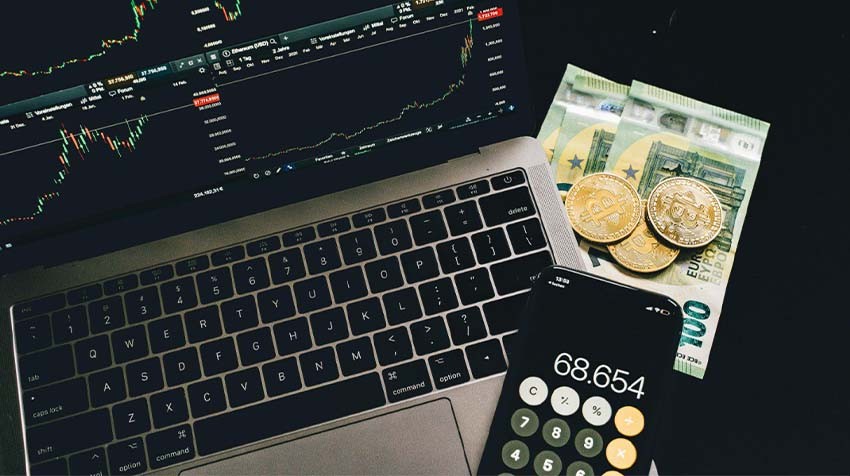
The Roots of Our Doubt: Why We Can't Just Relax and Invest
The anxiety we feel isn't irrational. It stems from systemic gaps in the Bangladeshi market:
- Inconsistent Rules: One fund says 33% debt is okay, another says 30%. Who’s right?
- Regulatory Lag: There's no single, powerful national Shariah board that audits every single "Islamic" product with uniform standards.
- Transparency Deficit: Fine print is often written in legalese, not in the language of faith and clarity.
- Marketing Over Substance: The term "Islamic" sells. Sometimes, the compliance isn't as robust as the marketing campaign.
Your Halal Investment Checklist: How to Choose with Confidence
Don't get overwhelmed. Arm yourself with these questions:
- Ask for the Scholars: Who is on the Shariah Supervisory Board? Are they respected, independent, and do they publicly stand by their rulings?
- Demand the "How": How exactly is the profit made? If it’s a fund, what are the exact screening criteria? Get the list of underlying assets.
- Reject Guarantees: In true Islamic finance, profit cannot be guaranteed. Only effort and transparency can.
- Prioritize Tangibility: When in doubt, lean towards investments in real, physical assets. You can see them, touch them, and understand them.
- Track Purification: Choose funds that explicitly report on their purification process. You have a right to know.
The A-Z of Halal Avenues in Bangladesh (A Realistic Look)
Investment Type | The Halal Verdict | The Fine Print You MUST Read |
Islamic Bank Accounts | Conditionally Halal | Scrutinize the profit calculation method. Avoid any product that smells of a guaranteed return. |
Takaful | Fully Halal (in theory) | Verify the operator’s investment policy. Is the pool invested only in Sukuk and Halal stocks? |
Sukuk | Halal if Done Right | Insist on it being truly asset-backed, not just asset-based. The structure is everything. |
Shariah Mutual Funds | A Good Tool, But Verify | Choose funds with a strong SSB and ask about their screening frequency. Quarterly is better than yearly. |
Direct Stocks | Halal with Homework | You can’t just rely on an index. Learn the financial ratio screens (debt, Haram income) and monitor them yourself. |
Gold & Silver | Purely Halal | Ideal for security. But remember, it’s a store of value, not an income generator. Physical possession is key. |
Forex (USD, etc.) | Conditionally Halal | Only spot trading (buying for immediate delivery) is permissible. Leveraged forex trading is pure gambling and Haram. |
Real Estate | The Gold Standard | The ultimate Halal investment. Tangible, transparent, and you are in full control. |
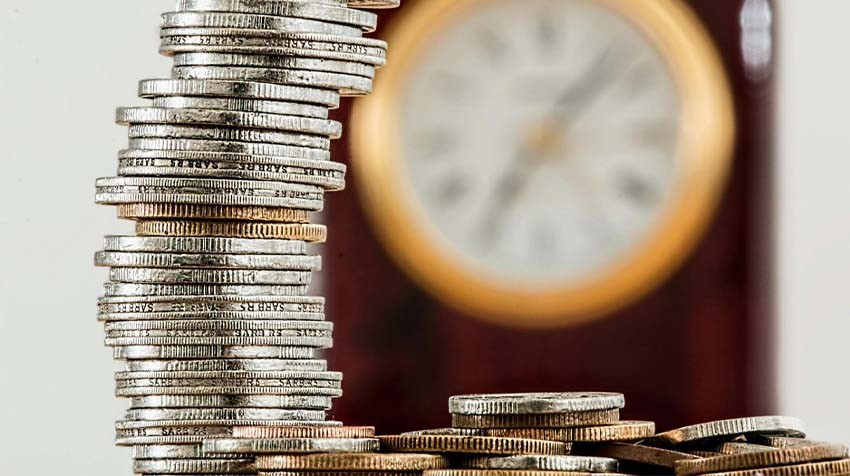
Why Real Estate is the Uncontested Champion of Halal Investing
In a world of digital assets and complex derivatives, real estate brings us back to solid ground—literally. Here’s why it stands apart:
- Supreme Tangibility (The Anti-Gharar): You own a piece of land, an apartment, a shop. There is no ambiguity. You can walk on it, lock its door, and see its value with your own eyes. This eliminates the "excessive uncertainty" that plagues so many financial products.
- The Foundational Rule: Start with Halal Capital.
This is the non-negotiable starting point that many overlook. The money you use to purchase the property must be 100% Halal. You cannot build a pious future on an impure foundation. This means:
- Taking a conventional bank loan is a major, unequivocal no. Such a loan is steeped in Riba from the very first payment, invalidating the entire investment's spiritual integrity. No matter how promising the property, if it's bought with interest-based debt, the venture is impermissible.
- The ideal path is to use your own purified savings. And here's the great news: in Bangladesh's booming real estate market, you often don't need a bank at all. Most property developers like Amin Mohammad Foundation Ltd. offer direct installment plans, especially for early buyers. By getting in at the beginning of a project, you not only secure a better price, better unit but can pay over time directly to the developer in installments. This allows you to build equity without ever dealing with interest.
- If a larger project requires more structured financing, Islamic methods (like Musharakah or diminishing partnership models) are a potential alternative, but they must be thoroughly vetted to ensure they are not just conventional loans in disguise. Often, the simplest and most secure path is dealing directly with a developer's Halal payment plan.
- Inherently Riba-Free Structure: Your profit comes from two clean sources:
- Rental Income (Ujrah): You are providing a service (shelter) and earning a lawful profit. If the property is empty, you earn nothing. This is risk-sharing in its purest form.
- Capital Appreciation: You sell an asset you own for a higher price due to market demand and your own stewardship. This is Halal profit.
- Total Investor Control & Responsibility: You are the boss. You decide:
- Who your tenant is (you can avoid businesses involved in Haram activities).
- How the property is maintained.
- The source of funds for the purchase (avoiding interest-based loans).
This level of control is impossible with a mutual fund or a Sukuk.
- A Legacy of Barakah: Real estate is more than an investment; it’s a legacy. It provides ongoing security for your family and can become a source of continuous charity (Sadaqah Jariyah) if used for a mosque, a school, or rented out for a noble cause.
In the context of Bangladesh, with its relentless urbanization and growing population, the demand for housing and commercial space is a fundamental, unstoppable force. Investing in real estate is investing in the very fabric of the nation's growth.
Build a Wealth that Builds You
The journey to Halal wealth means navigating it with wisdom (hikmah) and integrity. It’s a proactive pursuit of purity.
Yes, Sukuk and Islamic funds have their place, but they require vigilance. Gold is a safe haven, but it sleeps. Real estate, with its unique combination of tangibility, income potential, and the absolute control it offers the faith-driven investor, remains the most robust and spiritually serene path to building wealth in Bangladesh.
Seek transparency, verify compliance, and when in doubt—go back to real assets. To learn more about the unique privileges and powerful strategies of real estate investment, go read this article for an in-depth exploration.
https://www.amflbd.com/blog/detail/65/where-should-i-invest-real-estate-or-stock




